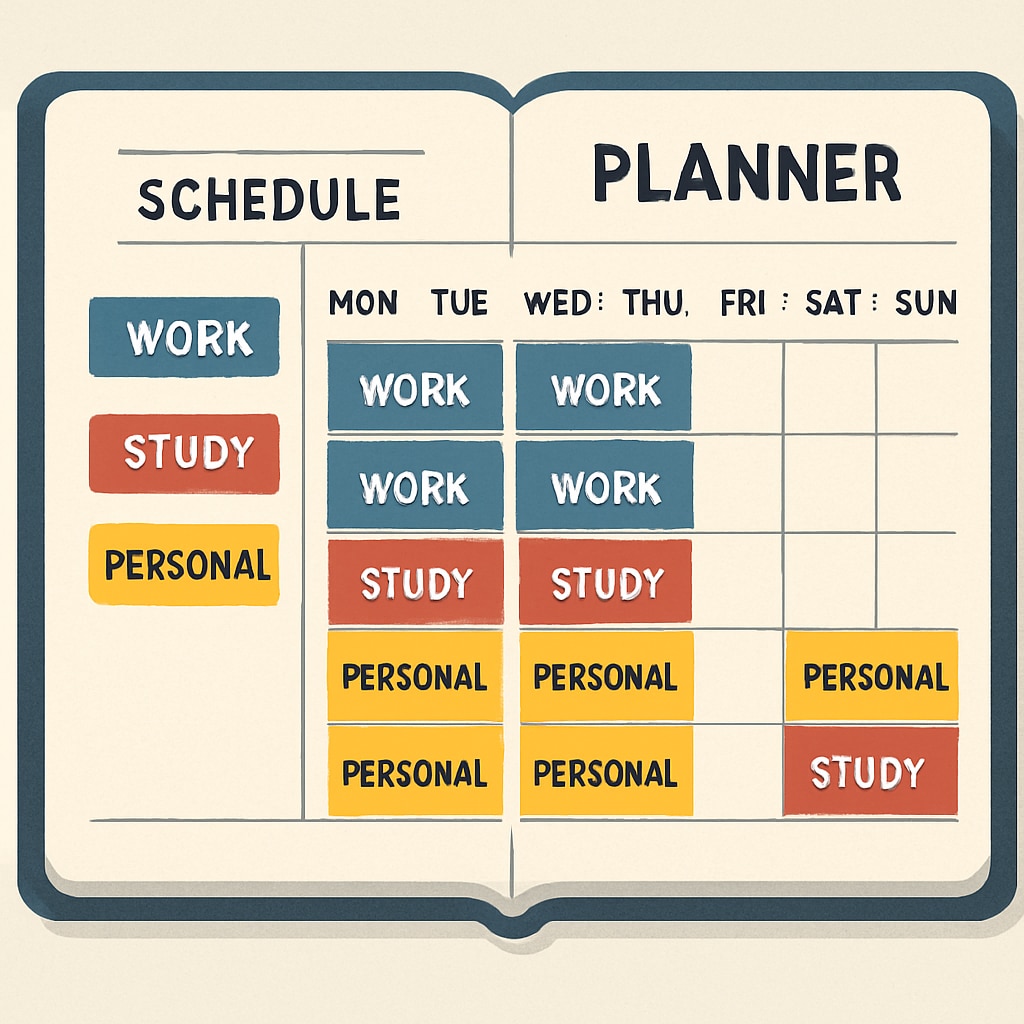Pursuing a master’s degree while maintaining career growth and effective time management can be a daunting challenge for professionals. As more individuals seek academic advancement to enhance their expertise or pivot into new fields, they often encounter significant hurdles balancing these commitments. This article explores the challenges faced by career-driven professionals who return to higher education and provides actionable strategies to manage work, study, and life effectively.
The Appeal of a Master’s Degree for Established Professionals
For many mid-career professionals, pursuing a master’s degree represents an opportunity to solidify their expertise, expand their networks, or transition into a new industry. A master’s degree can also serve as a stepping stone for leadership roles or specialized fields requiring advanced qualifications. However, the decision to return to school after achieving career stability comes with unique challenges, especially for those juggling full-time jobs and personal responsibilities.
According to a Britannica insight on higher education, postgraduate degrees often demand significant time and energy, creating potential conflicts with professional and personal commitments. Yet, the potential rewards, such as increased earning potential and professional credibility, make the pursuit worthwhile for many.
Overcoming the Work-Study-Life Balance Dilemma
Balancing work, study, and personal life is one of the most significant obstacles professionals face when pursuing advanced education. Many report feeling overwhelmed by the demands of maintaining job performance while meeting academic deadlines. Additionally, personal responsibilities, such as family obligations, further complicate the equation.
To address these challenges, professionals must adopt a proactive approach to time management. Here are some actionable strategies:
- Set clear priorities: Identify and rank your commitments to allocate time effectively.
- Leverage flexible learning options: Many universities now offer part-time or online master’s programs tailored for working professionals.
- Communicate with stakeholders: Inform employers, colleagues, and family members about your goals to gain their support and understanding.
- Use technology: Tools like project management apps and digital calendars can help streamline tasks and improve efficiency.

Time Management: The Key to Success
Effective time management is essential for professionals pursuing a master’s degree. Without a structured approach, it is easy to fall behind academically or professionally. Here are some advanced time management techniques tailored for busy individuals:
- Time blocking: Dedicate specific blocks of time for work, study, and leisure to ensure balance.
- Eliminate distractions: Minimize interruptions by creating a dedicated workspace and using focus-enhancing tools like website blockers.
- Break tasks into smaller goals: Completing smaller, manageable tasks can make large projects feel less overwhelming.
- Outsource or delegate: Delegate professional or personal tasks where possible to free up time for academics.
Moreover, maintaining a realistic schedule and including breaks is critical to prevent burnout. As a result, professionals can sustain productivity and motivation throughout their academic journey.

Making the Most of the Journey
While pursuing a master’s degree as a working professional is undoubtedly challenging, it also presents numerous opportunities for growth. The ability to apply academic knowledge directly to professional scenarios can enhance job performance and reinforce learning. Additionally, networking with classmates and professors can open doors to new career opportunities and collaborations.
To maximize the benefits of this journey, professionals should remain adaptable and open to adjusting their strategies as needed. Seeking mentorship from peers who have successfully balanced similar commitments can also provide valuable insights and encouragement.
Conclusion
Balancing a master’s degree, career growth, and time management requires dedication, discipline, and strategic planning. By setting clear priorities, leveraging modern tools, and maintaining a growth-oriented mindset, professionals can overcome these challenges and achieve their academic and career goals simultaneously. The effort invested in this dual pursuit often pays off, leading to both personal and professional fulfillment.
For more information about balancing higher education and career, visit this resource on work-life balance.
Readability guidance: This article uses concise paragraphs, actionable lists, and a logical progression of ideas to ensure clarity and engagement. Overuse of passive voice and lengthy sentences has been avoided to maintain readability.


